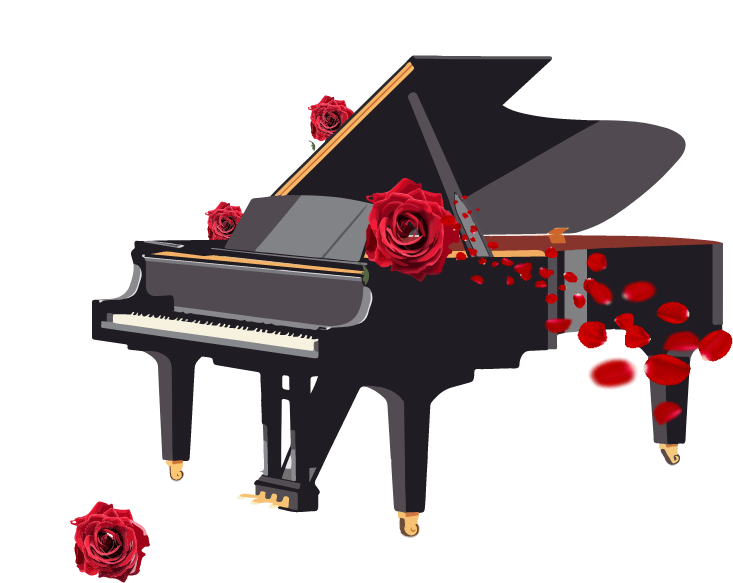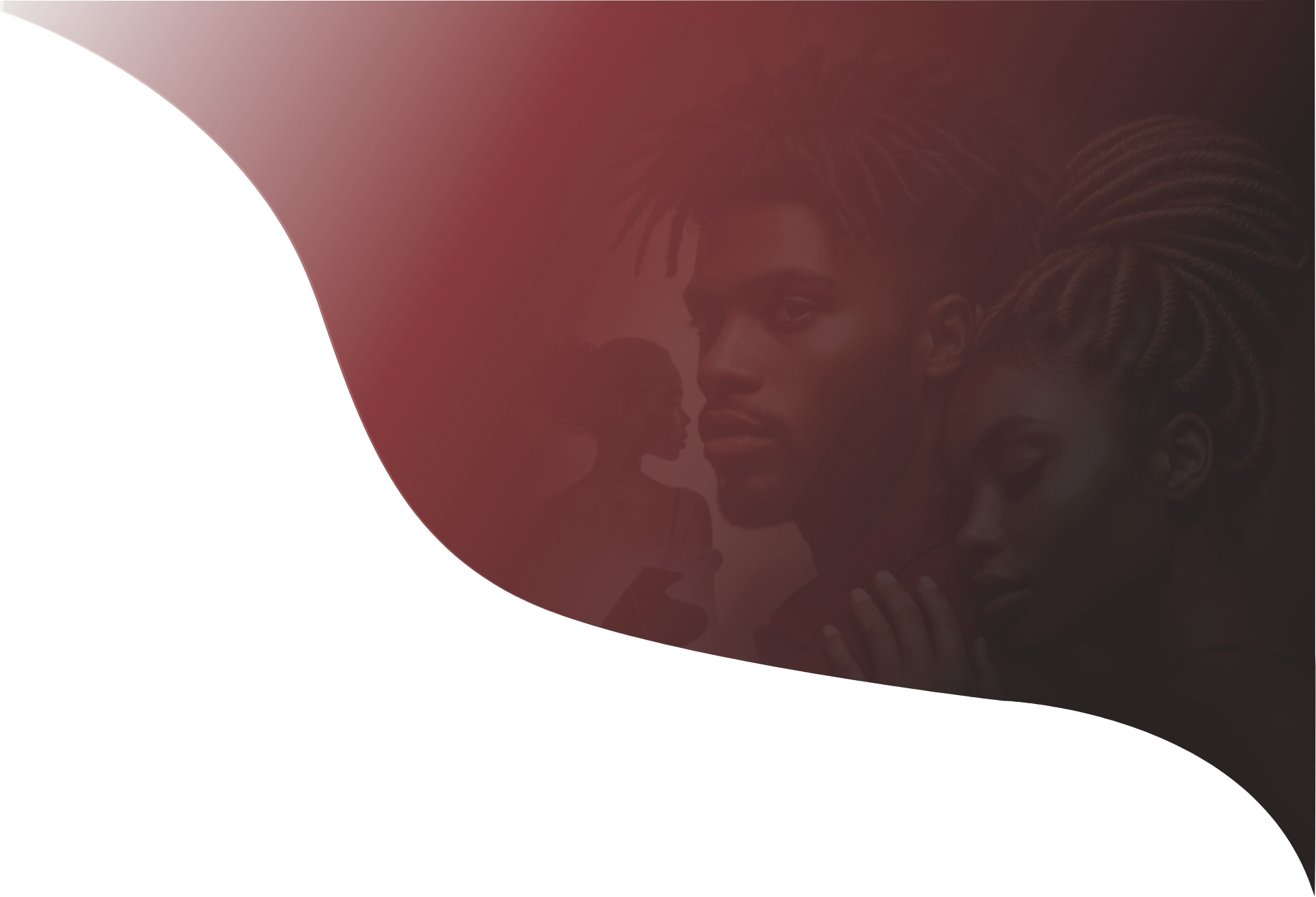Relationships can feel like trying to perfect a complicated cocktail—too many ingredients, too much shaking, and no guarantee it’ll turn out right.
The emotional highs, shifting expectations, and the unpredictability of even the smallest interactions can make them feel like a riddle you’re never quite sure how to solve. And let’s be real, sometimes even saying “hello” can feel like the start of an existential crisis.
But there’s a way to navigate relationships with a little more ease. It starts with communication—the glue that holds everything together. Talk about your feelings, expectations, and concerns. And here’s a small but powerful trick: use “I” statements instead of “you” statements. Saying “I feel hurt when this happens” is a lot different from “You always do this.” One invites understanding, the other invites a fight.
Boundaries: The Art of Protecting Your Peace
Let’s talk about boundaries. Knowing your limits—and actually enforcing them—can save you from a world of unnecessary heartache. Boundaries aren’t walls meant to push people away; they’re guidelines that show others how to treat you. They protect your peace while keeping the relationship balanced and respectful.
Empathy is just as important. It’s easy to get lost in your own emotions, but pausing to see things from the other person’s perspective can turn a fight into a conversation. It’s about listening—not just waiting for your turn to talk.
Letting Go of the Past
Here’s the tough part: sometimes, the ghosts of past relationships, friendships, or even family dynamics show up in the present. Those old wounds, disappointments, and betrayals don’t just disappear overnight. They sneak into new relationships, making you doubt, overthink, or shut down.
But here’s the thing—you don’t have to let those shadows define you. Recognizing them is the first step. Setting boundaries is the next. And choosing healthier relationships? That’s how you break free from old patterns.
Also, don’t be afraid to seek support. Whether it’s a close friend, a trusted family member, or a professional, sometimes an outsider’s perspective helps you see the bigger picture.
At the end of the day, navigating relationships takes patience, self-awareness, and a whole lot of grace. But when you surround yourself with the right people—the ones who respect your boundaries and communicate with love—you’ll find it easier to leave the past behind.
The Healing Power of Music: The Soundtrack to Our Emotions
If life had a soundtrack, it’d be some kind of mix between a dramatic string section, a little jazz improv, and the occasional “oops” note—because, let’s be honest, life doesn’t always go as planned.
Music has a way of reaching us in ways words can’t. It taps into emotions we struggle to express, turning heartache, joy, and everything in between into melodies that just get us.
Think about the last time a song hit you right in the soul—whether it was a breakup anthem that put your feelings into words or an upbeat track that pulled you out of a slump. Music isn’t just sound; it’s a shared experience. It can be a bridge between people, a way of saying “I understand” without ever speaking a word.
In relationships, music has this unspoken magic. A song shared between two people can carry memories, emotions, and a deeper connection than words ever could. It becomes a secret language—a way of saying, “This reminds me of us.”
And it’s not just about nostalgia. Studies show that music actually reduces stress and improves mood. Upbeat songs can lift your energy, while slow rhythms can calm your mind. Even just closing your eyes and getting lost in a song can bring a sense of peace.
Music is, in many ways, the soundtrack to our healing. Whether you’re letting go, moving on, or embracing something new, the right song can be a reminder that, no matter what, you’ll find your rhythm again.


